by wadminw on July 27, 2023
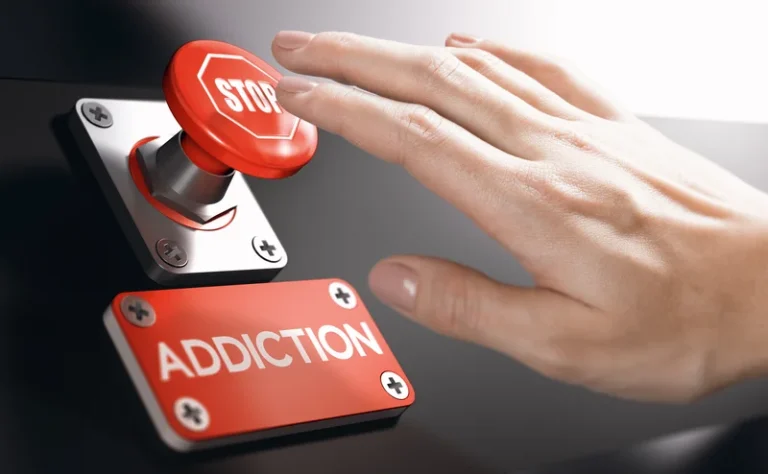
Additionally, he elaborated that his father was addicted to drugs and did not want to follow the same path. When I first started making music I was going to that Chicago Public Library, so there was a lot of action up there. A lot of Chicago acts like Chance The Rapper, Kembe X, Alex Wiley, Vic Mensa. So when I first started rapping it was real easy to get noticed. I just thought that if you knew a lot of people, you could get famous fast.
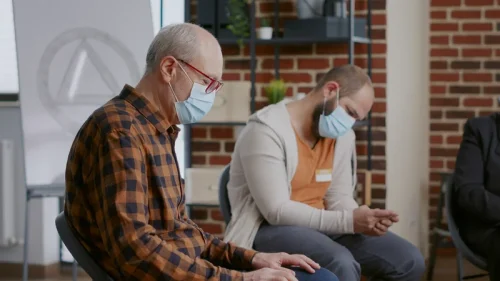
Minus one relapse he’s had with codeine, Macklemore has been clean since August of 2008. Christian-rapper Lecrae refrains from smoking and drinking, yet that has not always been the case. “I was infatuated with gang life.” Lecrae told Complex magazine. “I tried pretty much every drug there was to try, except for heroin and crack. I was out there.” Although he lives a sober lifestyle today, he doesn’t consider drinking as a sin. “I ain’t got nothing against you if you wanna throw one back,” as he told Sway on Sway In The Morning. Young Dro’s rehab story is particularly sad because of how the effects of his drug use hit close to home.
And naturally, much of the content includes drug culture. Much like the battle against COVID-19, the drug and opioid epidemic has created its own host of challenges that influence the music, trends and peripheral creation of the art. According to the Centers for Disease Control and Prevention (CDC), drug overdose deaths increased by nearly five percent from 2018 to 2019 and have even quadrupled since 1999.
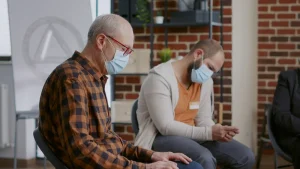
But not acting, I want to produce TV, documentaries, hella other shit. I just want to be retired by the time I’m 30, and I’ll be known as some type of legend like Mos Def—half underground, half mainstream, never sold myself out. I didn’t used to care when people copy me, but nowadays when someone copies me and a fan sends me a link, I just be hoping I don’t sound like that.
Despite his repulsion, Jay-Z began selling crack in the 1980s. When asked if he felt guilty for contributing to the crack epidemic, he expressed regret. In 2017, Beeson and a team of researchers at Northwestern University conducted an analysis of the Billboard Hot 100 year-end charts from 2007 to 2016 to determine the frequency of alcohol-related terms in popular music. Drug and alcohol mentions can influence adolescents to engage in substance use, according to Eric Beeson, a licensed professional counselor for the online master’s in counseling program at Northwestern University. Ahead of a tell-all show at the Brighton Dome Corn Exchange in Brighton, Stephens described his 20s as a “whirlwind” in which Rizzle Kicks had hits including Down With the Trumpets and Mama Do the Hump. “At our peak, when we had the most notoriety and fame, the pressure was unbelievable,” he told BBC Radio Sussex.
Lucki—who dropped the Eck$ from his name in 2016—has experienced some major setbacks over the past years that involved drugs, management changes, and struggles with mental health. At one point in late 2016 he stopped making music altogether, but despite falling off the map a few times, he kept coming back. Concurrently, the popular sounds of hip-hop—morphing variations of trap, rockstar mentality, omnipresent melody—have shifted in favor of Lucki’s strengths. The music he was making five years ago wouldn’t sound at all out of place in today’s market.
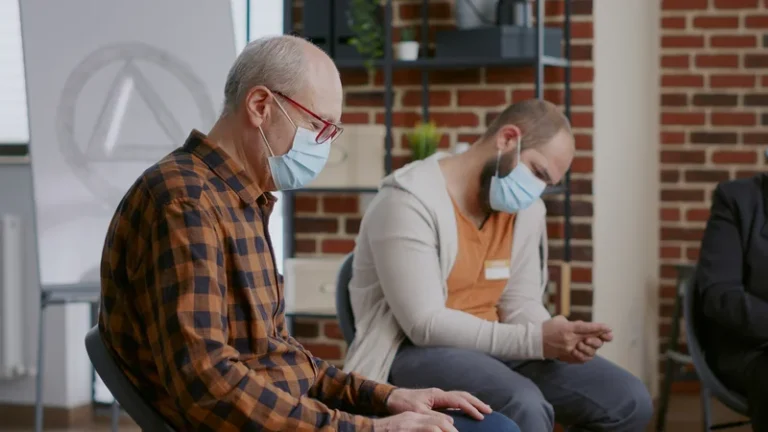
In an interview with Billboard, fans were generally overjoyed to hear Chief Sosa admit he “don’t sip the lean no more,” considering the sloppiness of his last two mixtapes. There is a danger in requiring artists to stick to their brands, especially when it focuses on abusing and glorifying a harmful lifestyle. Fans have to be willing to allow artists to evolve because that transformation extends far beyond the music; their art mimics life. You will not die if artists like Future or The Weeknd pivot the focus of their music away from chronicling drug use, but they could, and that should be the only point that matters here. When messages such as a breakup, sex and addiction become the primary focuses of an artist’s narrative, we inherently expect them to continue with those trends, especially if the music is a success.
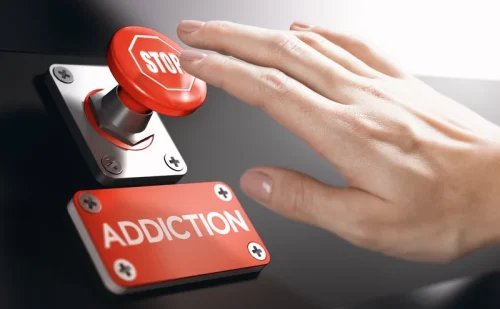
Despite the popularity of drugs in hip-hop culture, not every rapper partakes in popping mollys or getting fried. Some of these artists have never done drugs in their life, while others choose to abstain from smoking or drinking because of near-death experiences they’ve had. Though some listeners may disagree, these artists have continually shown that they’re more than capable of making quality music without the enhancement of drugs. The rapid rise of drug references laid waste to Ice-T’s message of abstinence, as Jay Z, the Notorious B.I.G., and Snoop Dogg dropped albums with first-hand accounts of the 1980s crack epidemic. Their experiences selling drugs (and smoking them) translated into platinum-selling records, fueling a generation of rappers intent on telling the story of rappers who are sober the hustler.